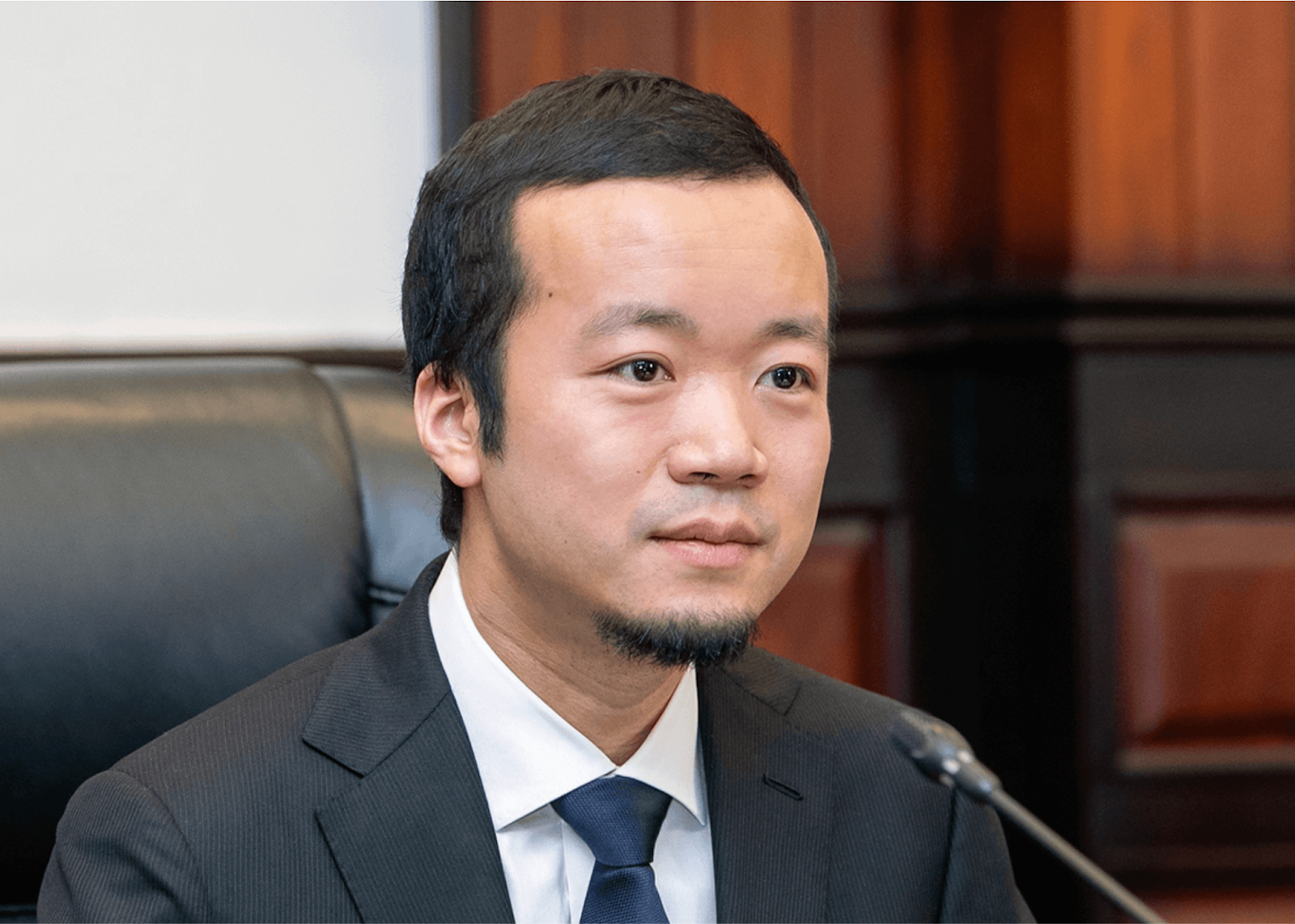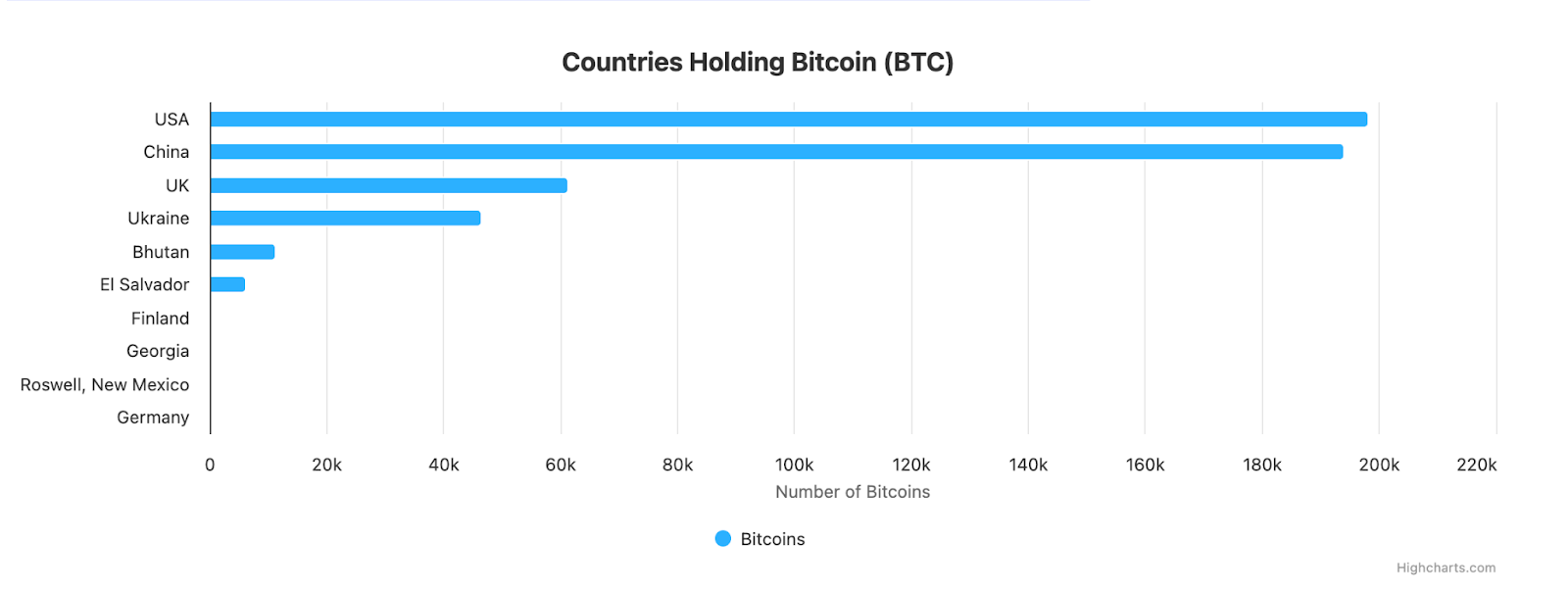In a landmark operation that underscores the dark underbelly of cryptocurrency's rise, U.S. authorities have seized approximately 127,271 Bitcoin valued at around $15 billion, the largest forfeiture action in Department of Justice (DOJ) history (1). This haul stems from a sprawling "pig butchering" scam network operated out of Cambodia, where victims were emotionally manipulated into fraudulent crypto investments, only to be stripped of their savings. The operation targeted thousands, including many Americans, through forced-labor compounds that blended romance fraud with high-stakes investment cons.
This article delves into the seizure's details, confirms the U.S. government's secure possession of the assets, and explores how this windfall integrates into the Strategic Bitcoin Reserve (SBR) , a national policy shift treating Bitcoin as a hedge against economic volatility. By comparing it to prior seizures, we'll see how law enforcement actions are quietly amassing a digital fortress, transforming illicit gains into a tool for national financial strategy.
What Is a Pig Butchering Scam?

Pig butchering scams initiate contact via dating apps, social media, or messaging platforms, building romantic or friendly trust over weeks or months. Once rapport is established, they lure victims into fake cryptocurrency investment platforms promising outsized returns. Victims "invest" real money, watching fabricated balances grow to encourage larger deposits until the scammers vanish, leaving empty wallets. These schemes have exploded in Southeast Asia, costing U.S. victims over $5.8 billion in 2024 alone, often run from brutal forced-labor camps where trafficked workers execute the frauds under threat of violence (2).
Details of the Recent Seizure

The October 14, 2025, unsealing of charges in Brooklyn's federal court exposed the operation's architect: Chen Zhi, 37, founder and chairman of Cambodia's Prince Holding Group (Prince Group), a multinational conglomerate with operations in over 30 countries. Indicted on wire fraud conspiracy and money laundering charges, Zhi allegedly directed a network of 10 forced-labor scam compounds across Cambodia, trafficking thousands into prison-like facilities equipped with thousands of phones and fake social media accounts (3).
The DOJ, FBI, U.S. Attorney's Office for the Eastern District of New York, and National Security Division coordinated the takedown, with parallel U.K. sanctions and Treasury actions designating Prince Group a transnational criminal organization (TCO). Blockchain analysis traced the seized Bitcoin dormant since a 2020 theft from a Chinese mining firm called Lubian to Zhi's unhosted wallets, whose private keys he controlled. Laundered proceeds funded extravagances like yachts, private jets, and a Picasso painting bought at a New York auction. Zhi remains at large, but the forfeiture complaint seeks permanent U.S. title to the assets (4).
Clarification on US Possession and Handling of the Seized Bitcoin
The U.S. government now has firm physical custody of the 127,271 Bitcoin, transferred to secure DOJ-managed wallets as part of the civil forfeiture process (5). Unlike preliminary restraints, this seizure grants immediate control, with court proceedings to finalize ownership underway. Historically, the U.S. Marshals Service would auction such assets post-forfeiture, converting them to fiat for victim restitution or general funds a practice that has liquidated over 200,000 BTC since 2013, costing taxpayers billions in missed appreciation.
Under the SBR's March 2025 framework, however, this Bitcoin will likely be retained rather than sold, joining the government's growing holdings now totaling 325,292 BTC valued at over $36 billion (6). Stored in cold wallets with multi-signature protocols, these assets shift from disposable proceeds to strategic reserves, prioritizing long-term value over quick liquidation.
Overview of the Strategic Bitcoin Reserve (SBR)

Launched via President Trump's March 6, 2025, Executive Order 14233, the SBR centralizes forfeited Bitcoin as a national reserve asset, akin to the Strategic Petroleum Reserve or Fort Knox gold holdings. Complementing it is the U.S. Digital Asset Stockpile for non-Bitcoin cryptos, managed by the Treasury under the President's Working Group on Digital Asset Markets.
The SBR's mandate: Hedge inflation (Bitcoin's scarcity mirroring "digital gold"), diversify reserves amid a $35 trillion national debt, and assert U.S. leadership in digital finance potentially offsetting $21 trillion in debt by 2049 through appreciation (7). Funded solely by seizures and no taxpayer purchases, the reserve began with ~200,000 BTC ($18-22 billion) from prior forfeitures, now ballooned by recent actions (8).
Tying the Seizure into the SBR
This $15 billion seizure directly supercharges the SBR, exemplifying its "budget-neutral" accumulation strategy: Turn criminal crypto into a sovereign bulwark without market buys that could spike prices. Bitcoin, once proceeds of fraud, could now underpin debt reduction or serve as collateral in economic shocks. Congressional hearings on expansions, targeting $75 billion in global illicit holdings, could formalize sales prohibitions, cementing the SBR's role in U.S. fiscal resilience (9).
Comparison with Other US Bitcoin Seizures
The U.S. has a storied history of crypto forfeitures, but this eclipses them all. The 2013-2014 Silk Road takedown yielded ~144,000 BTC, auctioned for $48 million now worth billions in hindsight (10). The 2022 Bitfinex hack recovery nabbed ~94,000 BTC ($1.8 billion then), sold off per tradition. More recently, an August 2025 seizure of $2.8 million in mixed crypto from smaller scams fed the SBR pipeline, while a pending $1.8 billion claim from a Lubian-linked mining theft (ironically tied to this case) awaits integration (11).
Implications and Future Outlook
Beyond the headlines, this seizure ripples across markets bolstering Bitcoin's legitimacy while spooking scammers, potentially curbing the $75 billion illicit crypto ecosystem. International ties, like U.K. sanctions on Cambodian networks, strain relations with China but foster global anti-fraud pacts (12). Domestically, it educates on scam risks, with FBI tips surging post-announcement.
Policy-wise, the SBR's growth invites expansion: States like Texas and New Hampshire have mimicked it, holding BTC in treasuries (13). Opportunities abound debt offsets, inflation shields but risks like volatility or custody breaches persist, demanding robust oversight.
The $15 billion Bitcoin seizure from Chen Zhi's pig butchering empire cements U.S. possession of a transformative asset, funneled straight into the SBR to fortify national reserves. Far from prior auction disposals, this hold strategy now at $36 billion recasts criminal windfalls as geopolitical leverage, blending justice with fiscal innovation. In 2025's crypto crossroads, such seizures herald Bitcoin's ascent from fringe to fortress, ensuring America's edge in the digital age.
Recourses:
- Chairman of Prince Group Indicted for Operating Cambodian Forced Labor Scam Compounds Engaged in Cryptocurrency Fraud Schemes
- Chairman of Prince Group Indicted for Operating Cambodian Forced Labor Scam Compounds Engaged in Cryptocurrency Fraud Schemes
- DOJ seizes $15 billion in bitcoin from massive ‘pig butchering’ scam based in Cambodia
- DOJ seeks forfeiture of more than $14B in bitcoin tied to global fraud ring
- US DOJ confiscates 127,000 Bitcoin, boosts government holdings above $36 billion
- Bitcoin Strategic Reserves: Behind the Changing Architecture of Sovereign Finance
- What Could a "Strategic Bitcoin Reserve" Mean in Practice?
- U.S. Strategic Reserve and Its Implications for Bitcoin Market Stability
- US Authorities Move to Seize $14B in Bitcoin Linked to Chinese Hacker
- From Seizures to Strategy: The U.S. Government’s Move Toward a National Crypto Reserve
- Feds Seize Record-Breaking $15 Billion in Bitcoin From Alleged Scam Empire
- U.S. and U.K. Take Largest Action Ever Targeting Cybercriminal Networks in Southeast Asia
- What Could a "Strategic Bitcoin Reserve" Mean in Practice?
About Netcoins
Established in 2014 in Vancouver, British Columbia, Netcoins is a registered Restricted Dealer with the provincial securities commissions and a registered Money Services Business (MSB) with FINTRAC. The platform operates under BIGG Digital Assets Inc., a publicly traded company listed on the TSX Venture Exchange (TSXV: BIGG), and complies with applicable public company regulatory requirements.
The information provided in the blog posts on this platform is for educational purposes only. It is not intended to be financial advice or a recommendation to buy, sell, or hold any cryptocurrency. Always do your own research and consult with a professional financial advisor before making any investment decisions. Cryptocurrency investments carry a high degree of risk, including the risk of total loss. The blog posts on this platform are not investment advice and do not guarantee any returns. Any action you take based on the information on our platform is strictly at your own risk. The content of our blog posts reflects the authors’ opinions based on their personal experiences and research. However, the rapidly changing and volatile nature of the cryptocurrency market means that the information and opinions presented may quickly become outdated or irrelevant. Always verify the current state of the market before making any decisions.



.png)

.jpg)
.png)













